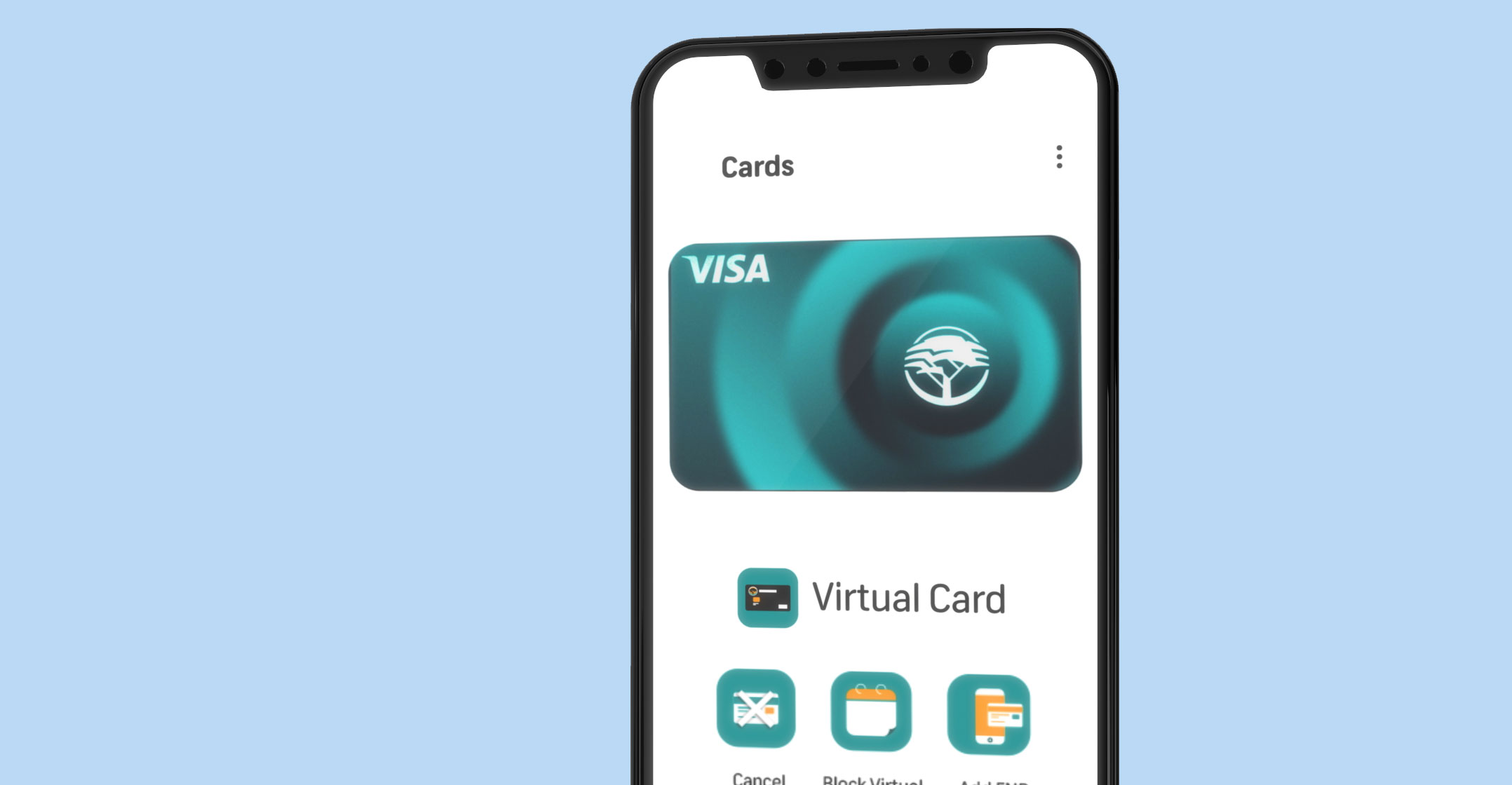 First National Bank is launching Virtual Card, a digital card solution built into its smartphone app on Android and iOS that it believes will make both online and physical payments significantly safer and more convenient.
First National Bank is launching Virtual Card, a digital card solution built into its smartphone app on Android and iOS that it believes will make both online and physical payments significantly safer and more convenient.
Virtual Card will be rolled out in the next few months, FNB executives said in an online press conference on Wednesday. It will be fully available to FNB customers by late September or early October, in time for Black Friday and Cyber Monday.
The bank described Virtual Card as a “plastic-free and safe way to pay”. It is free of charge to all FNB customers.
Virtual Card is activated and stored in FNB customers’ profiles on the FNB app. Only they have access to it and the CVV security number, normally printed on the back of credit and debit cards, changes every hour, “keeping your card details more secure than ever”, it said.
Customers can create as many virtual cards as they like – to the extent they can create one for every online or physical merchant they visit. With FNB Pay, users can use an Android smartphone, loaded with Virtual Card, to tap to pay in store.
Android only
The tap-to-pay functionality will only work on Android smartphones as Apple doesn’t allow this technology in the South African market. For iPhone users, this means leaving plastic bank cards at home while using Virtual Card is not an option until Apple allows tap-to-pay functionality in South Africa.
“If you need to cancel or block the card, you can do it on the FNB app and reactivate it with the touch of a button,” the bank said.
Virtual Card will work with credit, debit and fusion cards, including business debit cards. The cards will have long expiry periods, unlike physical cards.
 For online shopping, users can log into the FNB app and copy and paste the virtual card number. The dynamic CVV number and expiry date will also have to be captured. It will work for both local and international online shopping and will also work when users travel internationally and use tap-to-pay in retail.
For online shopping, users can log into the FNB app and copy and paste the virtual card number. The dynamic CVV number and expiry date will also have to be captured. It will work for both local and international online shopping and will also work when users travel internationally and use tap-to-pay in retail.
Virtual Card will not use one-time Pins sent via SMS but rather a message will be sent via the FNB app where users can approve or decline a transaction. This, the bank said, will improve security for online shopping and reduce opportunities for fraud.
If fraud does occur involving Virtual Card, customers will (probably) not have to replace their physical cards, reducing a customer pain point. Virtual Card is separate from a customer’s physical cards, with a different card number.
Customers won’t need a virtual card for every physical card they possess and they can create as many virtual cards as they like. Despite the dynamic CVV number, the technology can be used for recurring payments, such as a Netflix subscription.
In addition to tap-to-pay, Virtual Card can also be used to make QR code payments via scan-to-pay functionality. – © 2020 NewsCentral Media




